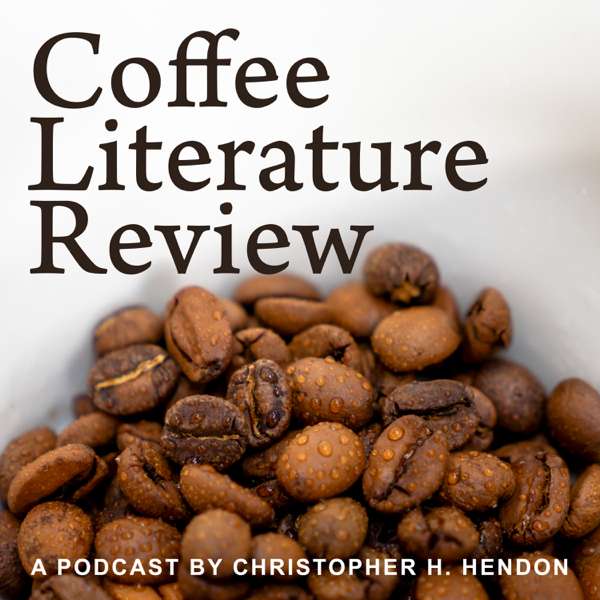Artificial intelligence is everywhere in 2025, and elder care is no exception. As the older adult population continues to grow, AI has the potential to provide desperately needed support. Both at home and in the hospital, AI systems are being developed that can summarize data, predict patient outcomes, and offer preventative interventions. These systems could help clinicians be more efficient as well as shoulder some of caregivers’ many responsibilities. Yet for as many problems as AI seems to solve in healthcare, many more questions arise as to how these innovative tools can be implemented ethically.
On this episode of the Age of Aging, we take a deep dive into the developing role of AI in the care of older adults.
We first hear from expert researchers in this space about the potential ways AI could be used to assist in the lives of older adults. Then, the co-founder of New Days AI, Dr. Babak Parviz, discusses how his company utilizes AI to help older adults protect against dementia. Finally, we look into the potential challenges and ethical questions that come with implementing AI in dementia care.
Resources available on the episode webpage linked below
Special thanks this episode to Alex Mihailidis PhD, PEng, George Demiris PhD, FACMI, Babak Parviz, PhD, Mai Lee Chang, PhD, and Oonjee Oh, MSN, RN
The Age of Aging is a Penn Memory Center production hosted by Editorial Director Terrence Casey and Producer Jake Johnson, in partnership with the Penn FTD Center, the Penn Institute on Aging, and Penn’s Alzheimer’s Disease Research Center. Contributors include Nicolette Calcavecchia, Dalia Elsaid, Jason Karlawish, Emily Largent, and Meaghan Sharp.
The Age of Aging is made possible by generous support from the Michael Naidoff Communications Hub fund and our sponsors, the TIAA Institute and Rothkoff Law Group. The TIAA Institute is a think tank committed to building knowledge that advances lifelong financial security and well-being while considering the intersections of health and wealth. Their cutting-edge research provides actionable financial and longevity insights that help individuals and employers navigate the complex journey of aging.
Caring for an aging loved one isn’t easy — but you don’t have to do it alone. At Rothkoff Law Group, we guide families across New Jersey and Pennsylvania through every stage of your aging journey. Our team of elder care attorneys, geriatric care coordinators, and public benefits specialists advocate for your loved one’s well-being and your peace of mind. Rothkoff Law Group — your partner in advocacy and senior care planning, every step of the way. Visit RothkoffLaw.com.

 Our TOPPODCAST Picks
Our TOPPODCAST Picks  Stay Connected
Stay Connected







